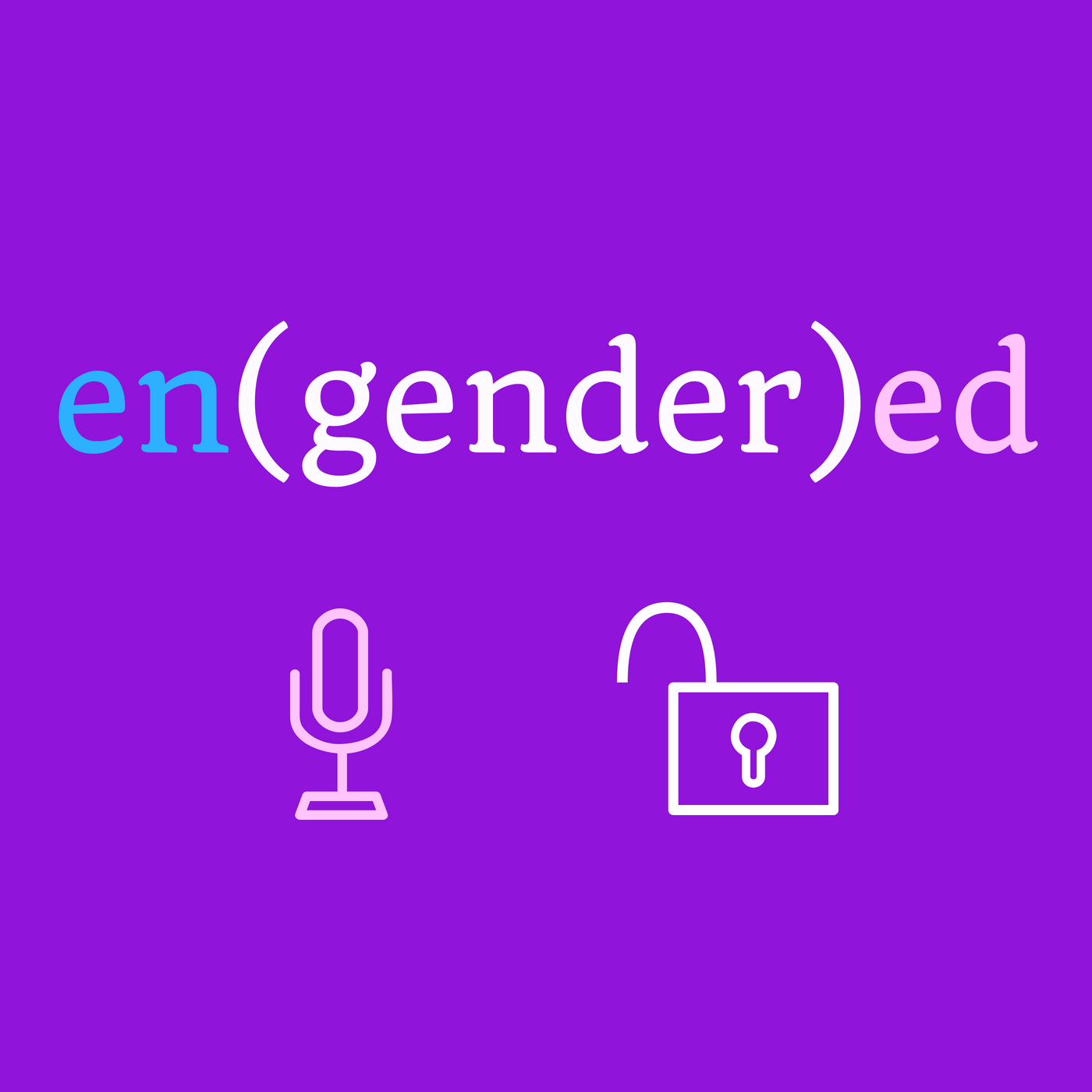
A therapist friend recently shared the below video with me. While I was watching with her, I couldn’t help but pepper my viewing with angry interruptions to correct, challenge and/or contextualize their broad brush strokes that essentially rendered women responsible for patriarchal oppression against men.
For those of us who are culture critics and feminists, we know all too well that patriarchy hurts everyone — all genders, classes, races, abilities — and leaves none of us untouched by the ways in which culture, media, politics, science, policy, all intersect to reinforce a gender binary. Men are defined and rewarded for upholding and reproducing its structures and tropes — as protector and provider of women — strong, courageous, independent, objective, assertive. Under patriarchy, women are defined as subordinate to men in this hierarchical structure, whose bodies are owned by men and subject to their control. We are the natural caretakers and known and rewarded for our empathy, subjectivity, softness, deference, and acquiescence.
The natural fallout of this structure is that none of us are left to grow and develop free from influence of these beliefs, deeply ingrained in us since childhood and reinforced, to varying degrees, depending on our family circumstances and social environment. We are acculturated to adopt implicit, sometimes explicit biases, based on gender, race, and other forms of social identity construction. And to survive in this system, to access power, and possibly, to thrive, women have adapted by upholding these belief systems in our relationships with our fathers, with our boyfriends and husband, and with our sons and daughters.
Kim Kardashian West is a case in point. While she may be the textbook example of the power of female complicity in generating fame and wealth, her efforts fall short of unshackling her from patriarchy’s intersection with capitalism and the exploitation of women’s images and bodies. However big her empire, her popularity would instantly decline if she began to market an image of female empowerment not based on beauty, femininity, or our ability to generate male desire or pleasure.
The video’s premise is that these “choices” have hurt men and that women’s complicity under this structure has contributed to the harm to men. That is unarguable. What made the video feel so insidiously manipulative for me is what it leaves out.
There is no mention of men’s participation in creating the whole damn thing to begin with. Nor is there any reference to the countering forces of feminism and resistance that have tried to challenge these systems. Without contextualizing these alternative struggles to build awareness and solidarity around women’s liberation, the video reinforces the erasure of women’s voices and women from history. It leaves out that if we are given a choice to be between a rock and hard place, we shouldn’t be blamed for throwing the rock in order to set ourselves free.
That’s essentially what’s most problematic about the video — it’s deliberate choices to frame patriarchal oppression of men as an act mainly perpetrated by women to our own benefit, rather than as a, sometimes, necessary choice, in advancement of our own survival. Not to mention, it leaves out men’s role and benefit from this structure that they created and its hegemonic nature. Initial responses, when I subsequently shared it with friends is disgust, rage, and feelings of violation. One friend even described it as “sinister.” My guess is that most people don’t have the analytical framework, tools or practice from access to feminist thought to deconstruct their experience with the video and make sense of the confusing set of emotions that you first feel while watching. That, in and of itself, speaks to the creators’ finesse in generating responses that that may not have been consistent with their intent.
Replacing the gender trope with race, let’s imagine a video where people of color are apologizing to white folks for their response to racism. An equivalent analogy could be: “I’m sorry that my anger at my oppression led you to create racial stereotypes of the “angry black man” that also carried with it, the benefits of stereotypical black male virility that I used to enhance my sexual status, while undermining yours.” That narrative inversion is akin to “blaming the victim,” shifting accountability away from the oppressor to the victim. In my opinion, it’s actually authentic “gaslighting,” not “authentic love.”
If you really want to generate an authentic love ethic in your relationships and in your life, there is no better solution than feminism. Patriarchy’s structure has put forth the false dichotomy that “Freedom for the wolves has often meant death to the sheep.” In reality, dismantling patriarchal structures can and will mean life to all us, if we are to learn how to live amongst each other in loving, kind and generative ways. To begin with, read books, listen to podcasts, choose to watch and support films and television shows that feature female characters in roles that celebrate our multiplicity of identities, talk to and really listen to the women in your lives and, most of all, examine your own behaviors, belief systems and instincts. For real and lasting change to occur in our society, it starts with us.

